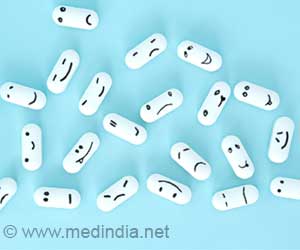Lipocalin-2 hormone can be used as a potential treatment for obesity according to a new study.

‘Giving LCN2 to the animals for a long period of time decreases their food consumption and inhibits weight gain, without leading to a slow-down in their metabolism.’





LCN2 is chiefly created by bone cells and is found commonly in mice and humans. Studies in mice have revealed that giving LCN2 to the animals long-term decreases their food intake and limits weight gain, leading to a slowdown in their metabolism.Lead author Peristera-Ioanna Petropoulou explains, "LCN2 serves as a signal for satiety after a meal, driving mice to limit their food consumption, and it does this by working on the hypothalamus within the brain." She further says, "We wanted to understand whether LCN2 has similar outcomes in human beings and if a dose of it would be sufficient to cross the blood-brain barrier."
The team first analyzed data from 4 different studies of people in the US and Europe who were either average weight, overweight, or living with obesity.
Participants in the study were provided a meal after an overnight fast, and the quantity of LCN2 in the blood before and after the intake of the meal was examined. The researchers found an increase in LCN2 levels after the meal in those of normal weight. This increase in LCN2 coincided with how fulfilled they felt after eating.
The results in humans mirror those seen in mice and imply that this decline of post-meal LCN2 regulation is a new mechanism adding to obesity and could potentially target weight-loss treatments.
Advertisement
Source-Medindia















